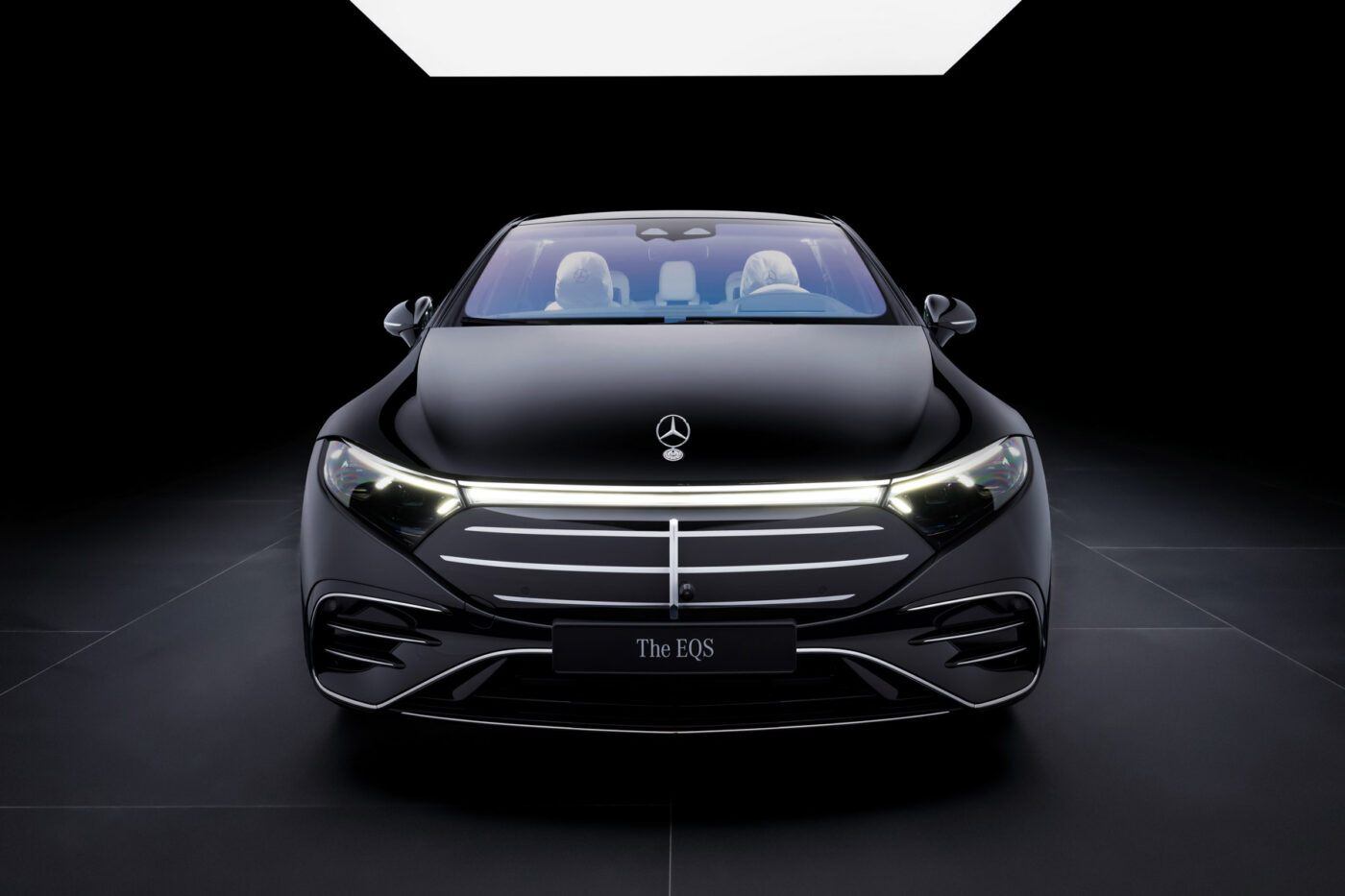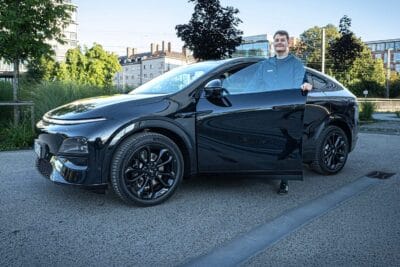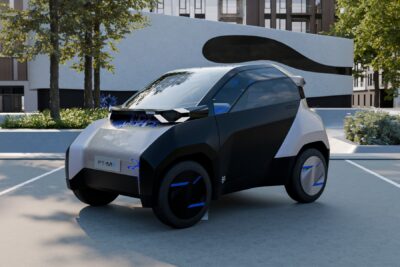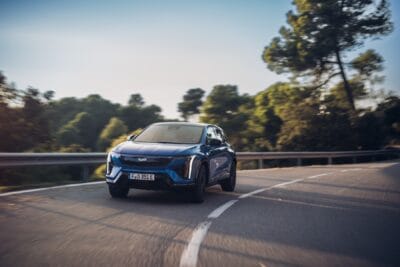Mercedes EV sales decline
The Mercedes-Benz passenger car division was unable to maintain its electric deliveries compared to the first quarter. At the start of the year, the company still delivered 47,500 EVs, but in Q2, this figure was around four per cent lower at 45,800 units. At the Group level—i.e., the Mercedes-Benz Group—EV sales rose by 500 vehicles in Q2 to 51,000 electric cars and vans—an increase of one per cent.
The Mercedes-Benz Group as a whole delivered 600,100 vehicles across all drive types, which is a six per cent increase compared to Q1 2024, but also six per cent less than in Q2 2023. 496,700 of the more than 600,000 units were attributable to Mercedes-Benz Cars. With the 45,800 BEVs, the EV share at the brand level is 9.2 per cent, and at the Group level, it is 8.5 per cent. By comparison, the BMW Group reached 17.4 per cent and six-digit BEV deliveries in the second quarter – with 618,826 deliveries across all drive types, the BMW Group is at a comparable level.
While the trend at BMW is clearly moving toward BEVs (and away from PHEVs), at Mercedes-Benz Cars, battery electric cars and plug-in hybrids are still almost evenly balanced, with 45,800 and 44,200 units, respectively—a ratio of 51:49.
The decline in BEV deliveries at Mercedes-Benz Cars also means that only 93,400 electric Mercedes cars were delivered in the first half of the year, 17 per cent fewer than in the same period last year. At the Group level, including vans, electric deliveries fell by 16 per cent to 101,600 vehicles.
Mercedes states that the ramp-up of electric vehicles has slowed “in important markets as the company focused on healthy growth in a market environment characterized by heavy discounting.” In other words, the decline in sales was accepted to a certain extent and the company deliberately did not participate (to the full extent) in the discount battle. At the same time, Mercedes has seen an increase in demand for plug-in hybrids. “An increased demand for plug-in-hybrids in all major regions led to a global sales rise of 27% compared to the previous year,” the carmaker said.
| Q2/2024 | YoY (in %) | Q1+2/2024 | YoY (in %) | |
|---|---|---|---|---|
| Mercedes-Benz Group | 600,100 | 6 | 1,168,600 | -6 |
| -purely BEVs | 51,000 | 1 | 101,600 | -16 |
| Mercedes-Benz Cars | 496,700 | 7 | 959,700 | -6 |
| – purely BEVs | 45,800 | -4 | 93,400 | -17 |
| – xEVs | 90,000 | 0 | 180,100 | -4 |
The company is confident about the second half of the year and expects sales to increase – but probably primarily due to combustion models. “Thanks to full product availability of the E-Class, GLC and market introductions of new Mercedes-AMG models, the new G-Class and electric G-Class, overall sales are expected to rise in the second half of the year,” the company announced. However, it remains to be seen whether the electric G-Class with its six-figure sales prices will really make a significant contribution to sales growth.
“As the shift towards electrification continues, Mercedes-Benz customers can choose from a broad range of high-tech combustion, battery electric or hybrid vehicles. Especially our plug-in hybrids are proving popular, with sales up 27% in Q2,” said Britta Seeger, Member of the Board of Management of Mercedes-Benz Group AG. Marketing & Sales.





0 Comments